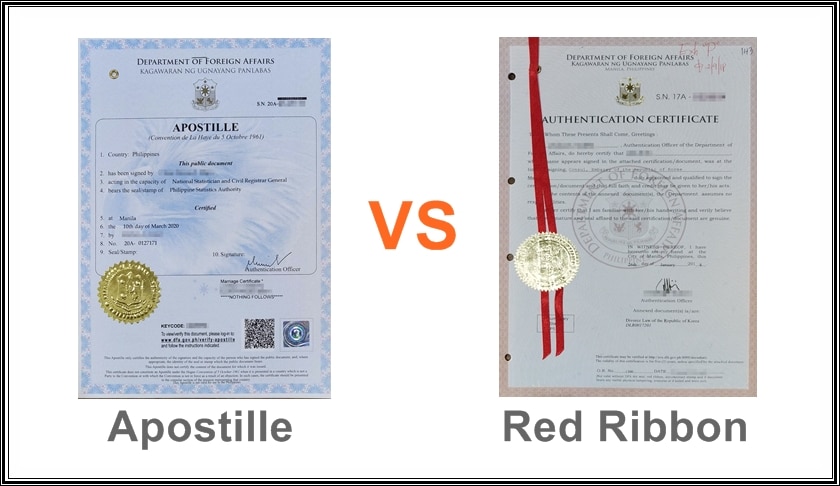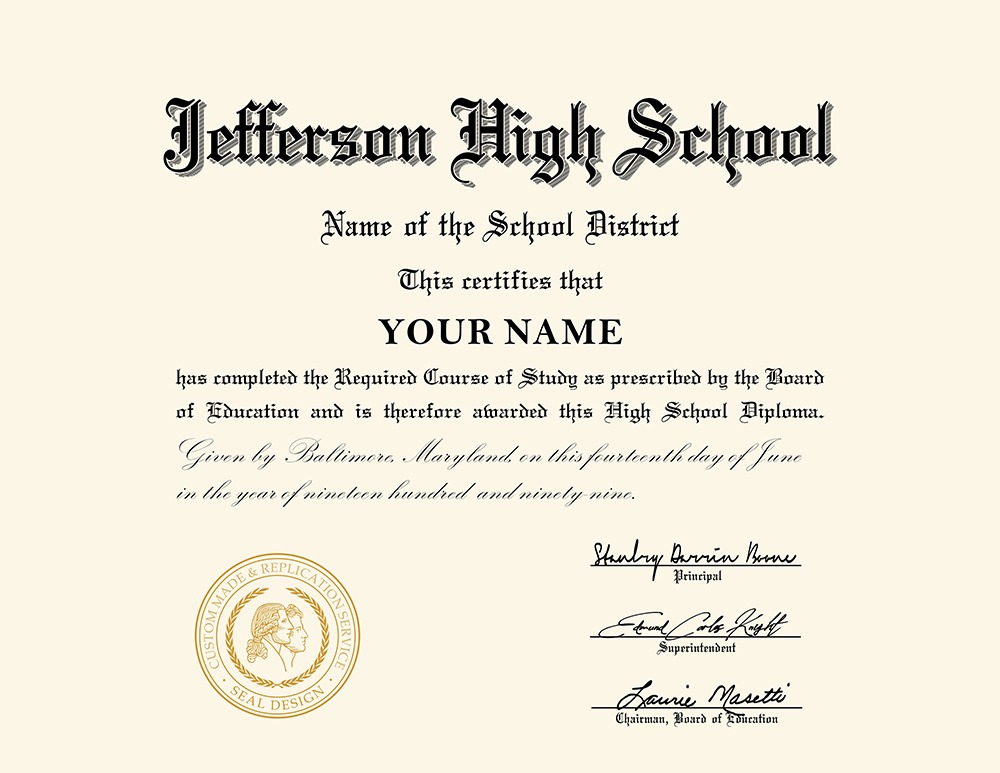Comprehending the Apostille Refine: A Comprehensive Overview to International File Authentication
Browsing the detailed landscape of global document verification can be discouraging without a clear understanding of the apostille procedure. What precisely specifies an apostille, and why is it so essential for files predestined for Hague Convention nations?
What Is an Apostille?
An apostille is an official qualification that validates the authenticity of a paper for usage in another country. This qualification, issued by a marked authority in the nation where the file originated, guarantees that the document is recognized as valid and genuine in the global sector. The process of acquiring an apostille includes a number of steps, including the confirmation of the document's signatures, seals, and stamps by appropriate governmental bodies.
The apostille offers as an internationally identified kind of authentication, enabled by the Hague Convention of 1961. This treaty, officially understood as the Hague Convention Eliminating the Demand of Legalisation for Foreign Public Files, standardizes the process of file certification amongst participant countries. The apostille itself is a standard certificate which contains particular info, such as the issuing authority, the native land, and the date of issuance.
It is important to note that not all papers are qualified for an apostille. Normally, public files like copyright, marriage licenses, court orders, and instructional diplomas get this qualification. Private files, such as agreements and arrangements, may need notarization and added steps to certify.
Value of Apostille
Comprehending what an apostille is sets the stage for appreciating its value in global negotiations. houston tx apostille. An apostille, basically a kind of qualification issued by an assigned authority, validates the authenticity of a record for use in foreign countries that are notaries to the Hague Apostille Convention. This standard process eliminates the requirement for further legalization by consular offices or consular offices, thus improving international transactions
It makes certain the credibility and approval of essential documents-- such as copyright, marriage licenses, and educational diplomas-- throughout boundaries. For businesses, it helps with the smooth conduct of international profession, mergings, and procurements by giving a trusted technique of document confirmation.
In addition, an apostille improves lawful protection and conformity. Governments and establishments can with confidence depend on the authenticity of papers bearing an apostille, minimizing the threat of fraud and check that misstatement.
Files That Require Apostille
When involving in global transactions or lawful issues, specific papers often necessitate the verification offered by an apostille. This ensures their acknowledgment and acceptance in countries that are notaries to the Hague Apostille Convention. Commonly, personal documents such as copyright, marriage certifications, and fatality certificates require an apostille, specifically when they are made use of for procedures like migration, marital relationship abroad, or global probate matters.
Educational papers are another classification often needing apostilles. Diplomas, transcripts, and scholastic documents commonly require this verification for objectives such as going after additional education and learning, employment, or specialist licensing in a foreign country (houston tx apostille). This step assures that the papers are acknowledged as legit and valid
Legal records, consisting of powers of attorney, affidavits, and court orders, also frequently necessitate apostilles. Company files such as certifications of unification, laws, and industrial agreements might call for an apostille to assist in worldwide profession, develop international branches, or take part in cross-border legal proceedings.
Actions to Obtain an Apostille

Obtaining an apostille entails a multi-step procedure that ensures the authenticity and approval of your papers in international countries. The preliminary step is recognizing which papers need an apostille. houston tx apostille. Typical documents consist of copyright, marriage licenses, scholastic records, and business records
When identified, the file should be accredited by the proper issuing authority. This could involve notarization by a notary public or verification by a neighborhood or state authorities, relying on the sort of paper. After certification, the paper must be submitted to the designated Competent Authority in the document's native land. In the USA, for instance, this is usually the Assistant of State's office for every state.
The submission process normally needs a finished application type, the original paper, and a fee. Some jurisdictions might use the option of expedited processing for an added cost. Upon successful verification, the Competent Authority will certainly fasten the apostille certificate to the file, view website therefore validating its credibility.
Typical Obstacles and Solutions
Navigating the apostille process can present a number of common challenges that, if not effectively resolved, might delay or make complex record authentication. Each country has details requirements for the types of papers that can be apostilled, and any kind of discrepancy from these can result in rejection.
One more common obstacle is understanding the varied processing times. Processing times can differ considerably between nations and even in between different areas within the same nation. It is necessary to account for these variants when preparing the apostille process to prevent unexpected delays.
Furthermore, language barriers can position significant obstacles. Records in a foreign language usually require certified translations, and any type of inaccuracies in translation can result in additional problems. Engaging a professional translation service can alleviate this threat.

Verdict
Mastering the apostille process considerably boosts the effectiveness of worldwide record authentication. By comprehending the necessity of identifying and licensing called for records, and browsing the submission to the Competent Authority, the procedure comes to be extra manageable. Understanding of typical obstacles, such as insufficient entries and language important source obstacles, additionally aids in stopping possible hold-ups. Making certain records are properly apostilled facilitates their approval in Hague Convention signatory countries, consequently sustaining seamless international legal and management procedures.